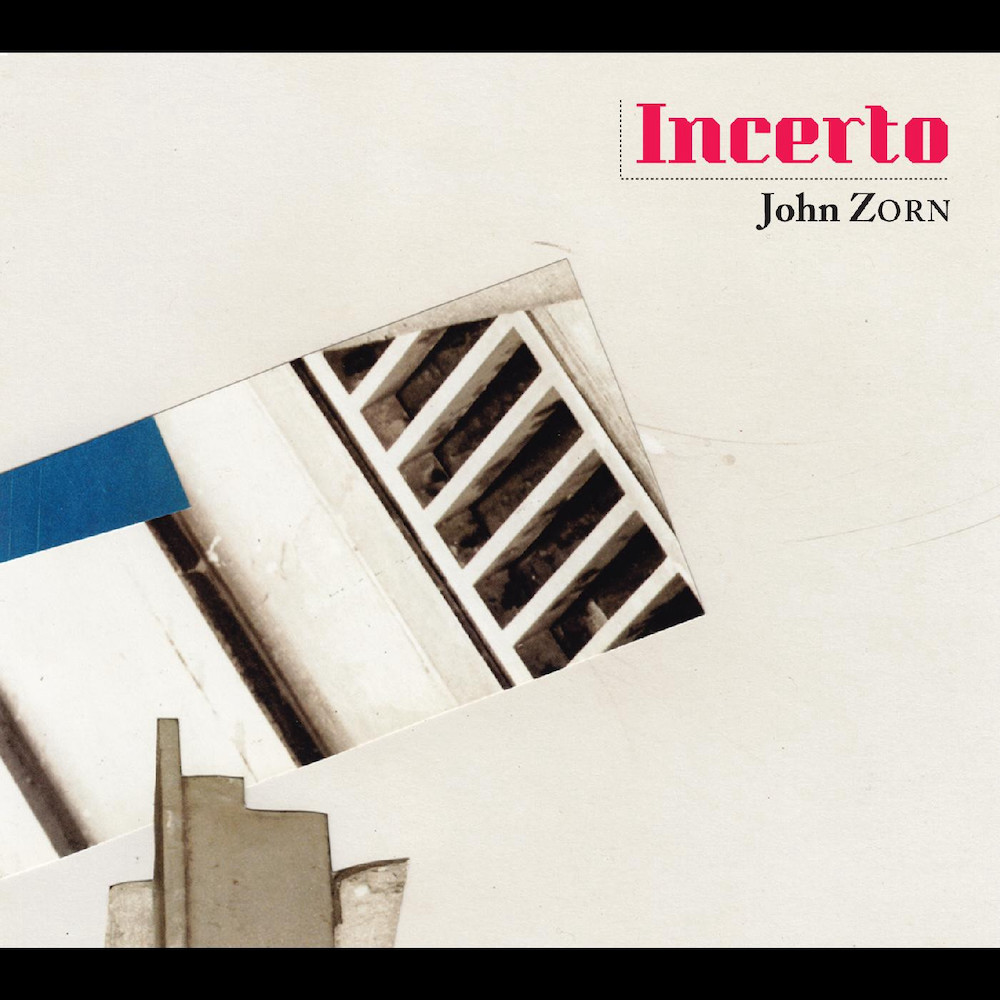John Zorn Keeps Evolving
The impresario of New York new music's new piano quartet
Years (it feels like eons) have passed since John Zorn filled his bill as the Angry Young Man of New York’s Downtown jazz scene. (In a bit of etymology right out of a Terry Southern novel, "Zorn" in German means “anger.”) Nearly a decade ago, on the occasion of his 60th birthday, he was touted in tributes and concerts by such exemplars of Uptown culture as the Lincoln Center, the Metropolitan Museum, the Guggenheim, and Columbia University. Now recognized as a post-modern master of multiple musical forms, he is “beyond category” in ways that Ellington would not have recognized. And yet, in fundamental ways, he is still the same artist—less angry, less brusquely avant-garde, but just as defiantly carving his own distinct path.
He did take a crucial turn—toward the melodic—in 1993, when, nearing his 40th birthday, he started exploring his Jewish roots, intrigued by the creed’s outsider status—the appeal of a community joined by its members’ outsiderness. He wrote the heads of 100 tunes for a book of songs he called Masada, each tune written in one of the two “Jewish scales” (a major scale with the 2nd note flat or a minor scale with the 4th note sharp). He formed a quartet to play the songs for a month-long gig at the Knitting Factory. (Zorn led on alto sax; his bandmates—trumpeter Dave Douglas, bassist Greg Cohen, and drummer Joey Baron—have since gone on to their own illustrious careers.) They recorded 10 studio albums, of 10 songs each (titled Masada 1, Masada 2, etc.) on the Japanese DIW label, then recorded 10 live albums on his own Tzadik label (which he formed in 1995 for that purpose and to serve as a curatorial forum for other musicians of like mind). Meanwhile, Zorn kept writing more Masada pieces—maybe 1,000 by now—and formed new groups to play them: a string trio, string sextet, electric band, guitar ensemble, vocal troupe, and, most recently, New Masada Quartet, with guitarist Julian Lage, bassist Jorge Roeder, and drummer Kenny Wolleson. In between various Masada projects, he has also composed and recorded homages to heroes as diverse as William Blake, Agnes Martin, and Arthur Rimbaud, as well as pieces in the classical traditions.
Incerto, Zorn’s latest album on Tzadik, shows him, at age 69, still evolving in ways adventurous and uncompromising but more accessible, perhaps in part because, over the years, his fusions of various styles, old and new, have expanded our own notions of the possible. As with many of his albums, Zorn doesn’t play on this one, but he composed all the pieces and (if the session was like many others) conducted the performances. It’s a piano quartet album, an unusual format for Zorn, with two of his New Masada mates—Lage and Roeder—joining two other frequent collaborators, pianist Brian Marsella and drummer Ches Smith. All are playing in peak form. It is not a Masada album; its harmonies are completely different, though some songs suggest the melancholy of Masada ballads, while others invoke the Hawaiian twangy rock of his Dreamers albums (which he made with guitarist Marc Ribot) and still others…
Well, this is the point. There are shards and fragments here of all of Zorn’s eras, phases, and styles—from one song to the next, sometimes within a song from one 12-bar passage to the next. Zorn has long had a penchant for collages, both aural and visual. The covert art for Incerto is a collage made by Zorn in what looks like the style of John Baldessari. His 2013 album, Dreamachines, was inspired by the “cut-up” techniques of Byron Gysin and William Burroughs, who in the early 1960s literally cut up passages and paragraphs they’d written, then rearranged them in random order. Much of Zorn’s music, back then and sometimes now, jump-cuts (he also long ago made an album devoted to filmmaker Jean-Luc Godard) from one style to a completely different one; the technique was witty but also disruptive, a deliberate assault on the senses.
The sonic collages of Incerto are wittier still but less of an assault; the transitions aren’t quite seamless (that would miss the point), but they flow through seams that, far from jarring the senses, fit naturally, as if Zorn has invented a new form of musical textures.
The album is subtitled “Existentialism, Psychoanalysis, and the Uncertainty Principle,” in a nod to Sartre, Freud, and Heisenberg, among the heroes—mystically individualistic, mathematically precise, “a community of outsiders on the outside looking OUT”—that he hails in his manifesto-like liner notes. The reference seems a bit much at first glance, but it’s of a piece with Zorn’s music—improvisational, experimental, but dedicated, discipline, and exact.
I should emphasize that this is a thoroughly pleasurable album. It swings, it moans, it sways, it rocks. Recorded by Marc Urselli and mastered by Scott Hull, it also sounds very good—dynamic, present, tonally true—except for the drums, which seem a bit papery and compressed.
If you’re new to Zorn, Incerto is a good place to dip your toes. If you’ve been on his trail for a long time, here’s a nice twist along the journey.









































.png)








